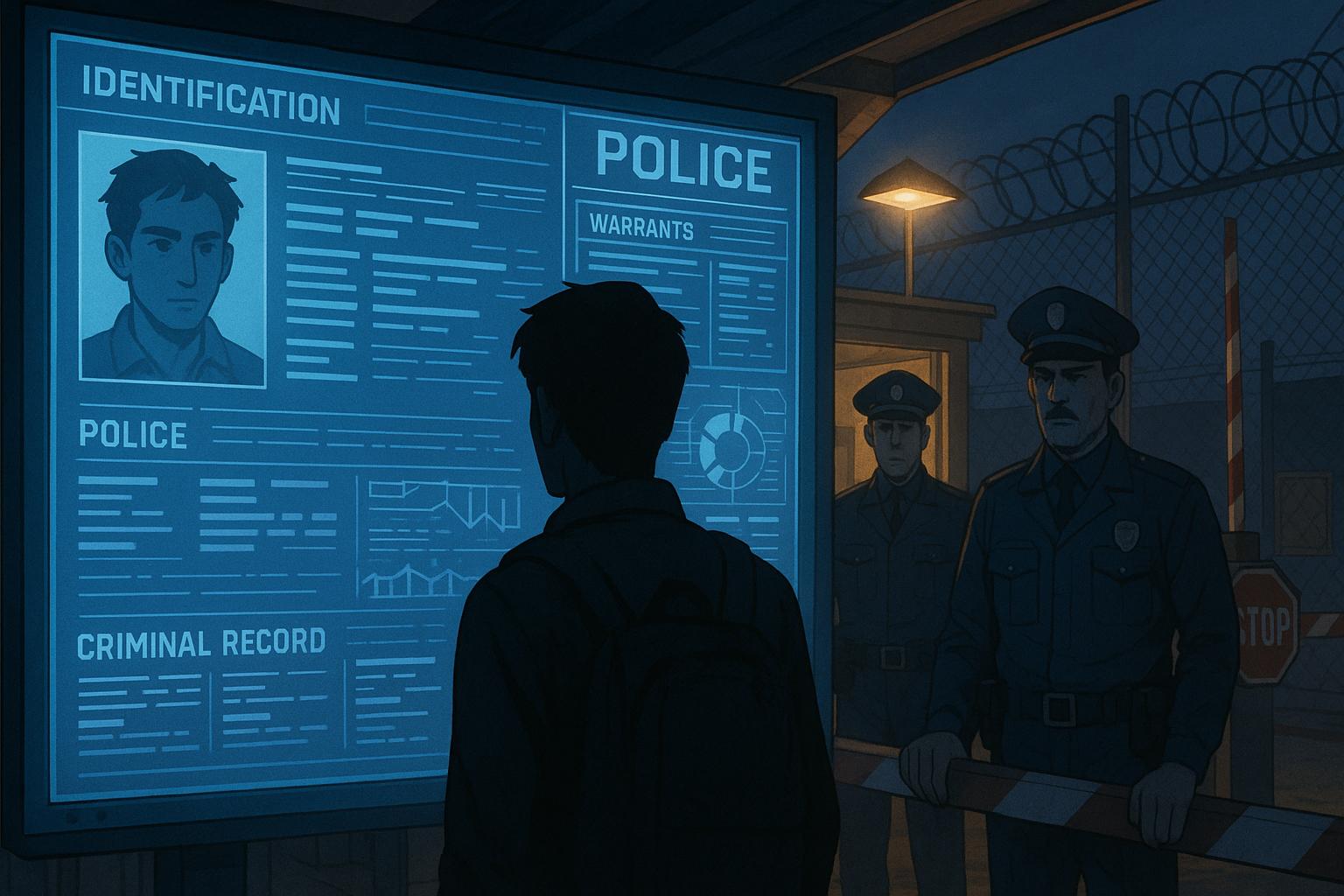A recent report highlights alarming deficiencies in the UK’s handling of migrant arrivals via the English Channel, revealing that tens of thousands evade thorough police checks and are often not even questioned by officials upon arrival. His Majesty's Inspectorate of Constabulary expressed "surprise and concern" that most organised human trafficking gangs are considered "low priority" by law enforcement, leading to a serious oversight in preventing illegal migration.
The investigation found that only one in 15 migrants are interviewed about their connections to smugglers. Rather than mandating interviews, migrants are encouraged to participate voluntarily. This lackadaisical approach drew sharp criticism from Labour's Shadow Home Secretary, Chris Philp, who described the government's response—a new taskforce led by a deputy chief constable—as insufficient. He stated, "Illegal migration facilitated by these groups should be the top priority for the police and the National Crime Agency," and dismissed the government’s efforts as "laughable," suggesting that they were falling short in addressing the critical issue of organised immigration crime.
The report further noted that the Border Force, which handles new arrivals at the Manston facility in Kent, lacks access to the Police National Database (PND). This gap means that previous criminals among the migrants could go unrecognised, posing a significant risk to public safety. The PND contains over 6.2 billion records, including millions of images of known criminals. Without utilising this resource, the report asserts, valuable opportunities to gather intelligence are being squandered. Counter-terrorism units also expressed concern over the inadequacies of automated facial-recognition technology for identifying potential suspects among new arrivals.
Interviewing migrants has proven problematic; in 2023, less than half of the 5,000 approached agreed to be interviewed. The committee report highlighted that irregular migrants could provide critical intelligence on smuggling operations, yet the Home Office unit lacks the authority to enforce interviews. Inspectors found that many organised migration crimes hadn't historically received the urgency they deserve, largely due to a misplaced belief that this was solely the responsibility of Immigration Enforcement.
Furthermore, the report critiques the British government's focus on small boat crossings as disproportionately overshadowing other significant aspects of immigration enforcement. According to the inspectors, while immediate threats from boat crossings are acknowledged, this focus risks neglecting clandestine vehicle entries and other avenues of immigration crime. Various organisations involved in combatting human trafficking reportedly operate under disconnected IT systems, complicating collaboration and diminishing efficacy.
Amidst these concerns, the UK’s efforts to tackle human trafficking and illegal migration face additional hurdles due to recent legislative changes. The 2015 Modern Slavery Act, initially a model for eradicating human trafficking, has been undermined by new immigration policies, which have increased the burden of proof for state support and diminished protections for victims. This shift has resulted in higher rejection rates for claims of modern slavery, leaving many without crucial assistance and deterring others from seeking help for fear of deportation.
The complexities surrounding Channel crossings have also stirred international tensions. Migrant tragedies in the Channel have accentuated frayed relations between the UK and France. Reports indicate that various deaths have occurred during crossings, with increasing accusations against French law enforcement for aggressive tactics aimed at preventing these dangerous journeys. Critics argue that this heavy-handed approach fails to address the root causes of migration—namely, poverty and oppression in origin countries.
In response to the continuous rise in migrant crossings, the UK government plans to introduce stricter measures targeting people smugglers, including severe restrictions on suspected individuals' movements and communications. These new policies, however, have met with criticism; opponents argue that without addressing the systemic issues fueling migration and ensuring safe and humane treatment for migrants, the measures may be more punitive than effective.
With fluctuating migration patterns reflecting both domestic policy shifts and broader geopolitical influences, it is increasingly clear that a reevaluation of current strategies is indispensable. Stakeholders—ranging from law enforcement to humanitarian organisations—must converge to create integrated responses that not only target smuggling operations but also provide robust support for victims trapped within a cycle of exploitation.
Reference Map
- Paragraphs 1-2, 5-6
- Paragraph 4
- Paragraph 3
- Paragraph 8
- Paragraph 7
- Paragraph 9
Source: Noah Wire Services
